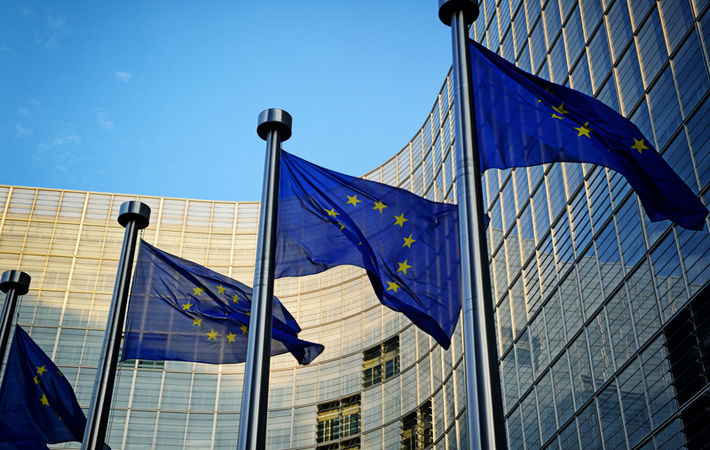
The aim is to deter countries from restricting or threatening to restrict trade or investment to bring about a change of policy in the EU in areas such as climate change, taxation or food safety, the EU said in a press release.
The anti-coercion instrument is designed to de-escalate and induce discontinuation of specific coercive measures through dialogue as a first step.
Any countermeasures taken by the EU would be applied only as a last resort when there is no other way to address economic intimidation, which can take many forms. These range from countries using explicit coercion and trade defence tools against the EU, to selective border or food safety checks on goods from a given EU country, to boycotts of goods of certain origin.
The aim is to preserve the EU and its member states' legitimate right to make policy choices and decisions and prevent serious interference in the sovereignty of the EU or its member states.
With this new instrument, the EU will be able to respond to cases of economic coercion in a structured and uniform manner. A dedicated legislative framework ensures predictability and transparency; it underlines the EU's adherence to a rules-based approach, also internationally.
The EU will engage directly with the country concerned to stop any economic intimidation. If the economic intimidation does not stop immediately, the new instrument will allow the EU to react swiftly and effectively, providing a tailor-made and proportional response for each situation from imposing tariffs and restricting imports from the country in question, to restrictions on services or investment or steps to limit the country's access to the EU's internal market.
ALCHEMPro News Desk (DS)
Receive daily prices and market insights straight to your inbox. Subscribe to AlchemPro Weekly!